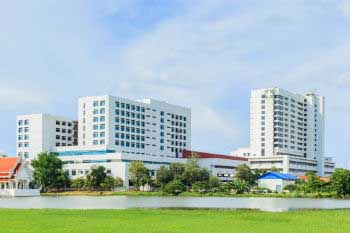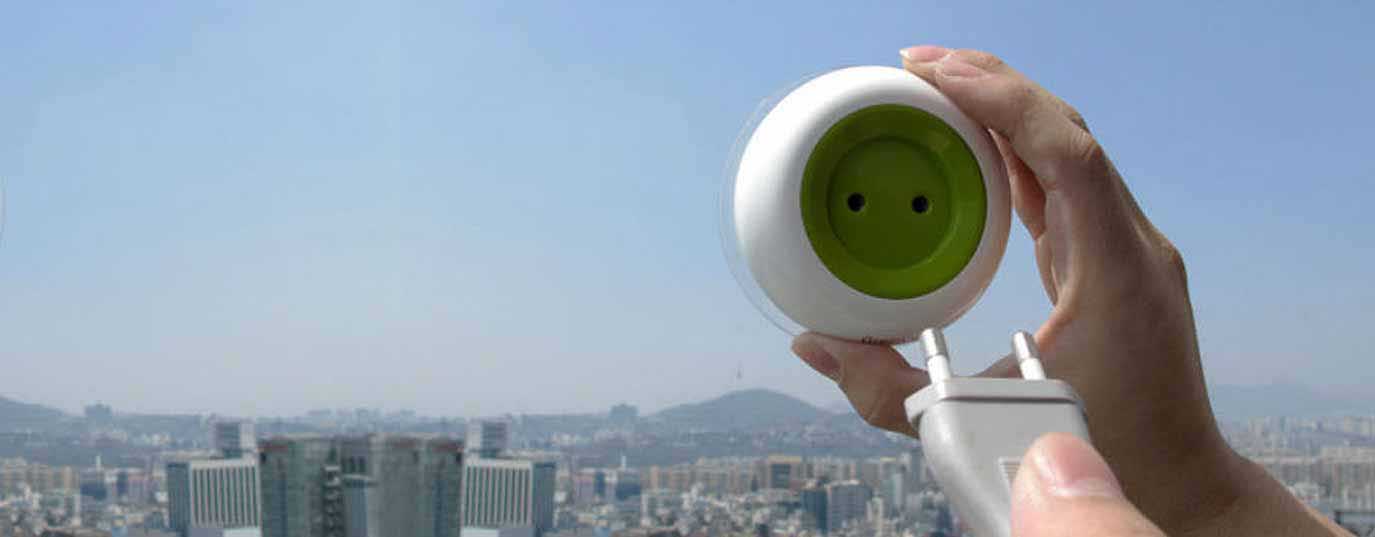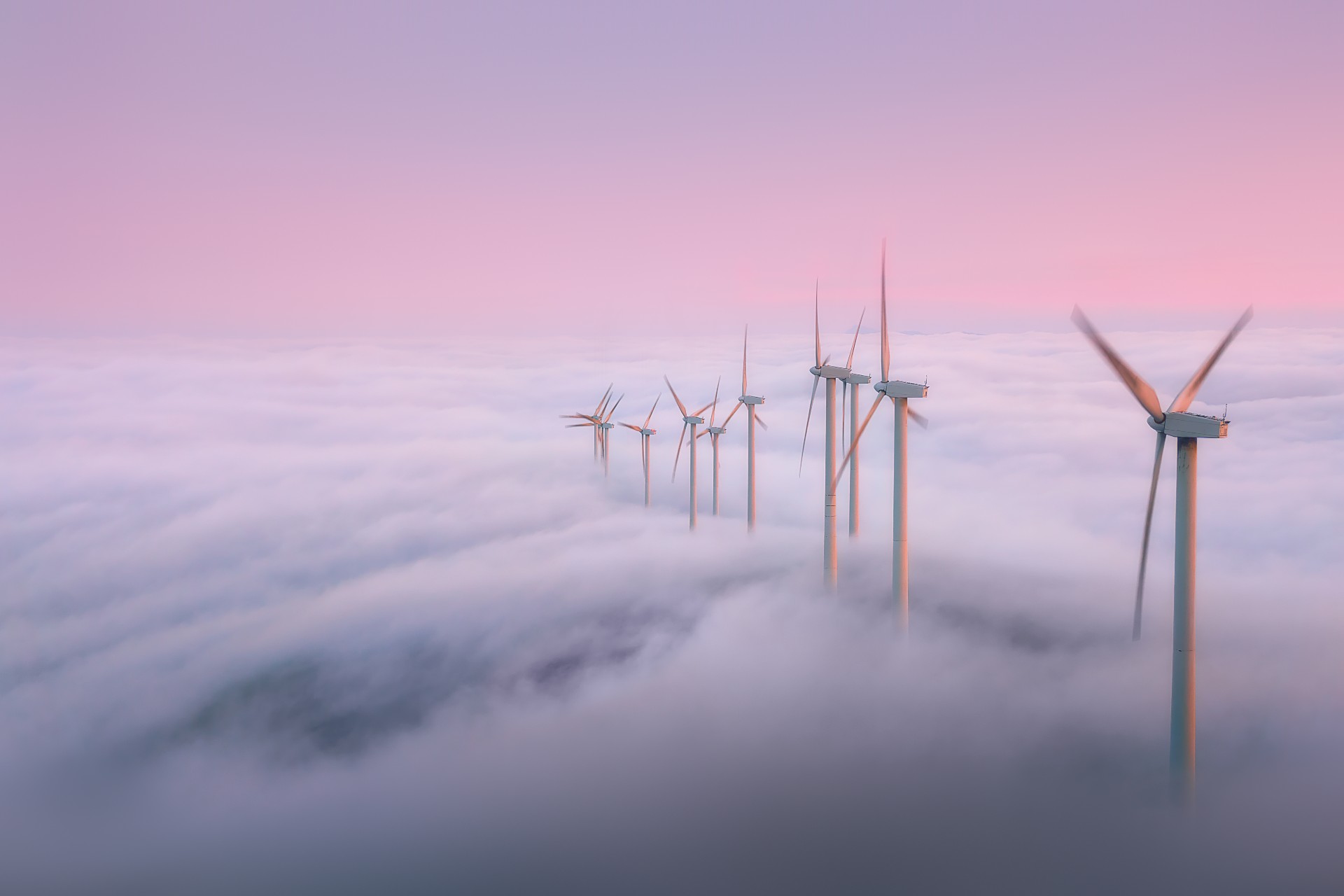2024 World Energy Efficiency Day
This international day to raise awareness about reducing energy use is held every 5 March. In 2024, we'll use this day as an opportunity to discover the LEED and BREEAM energy efficiency certifications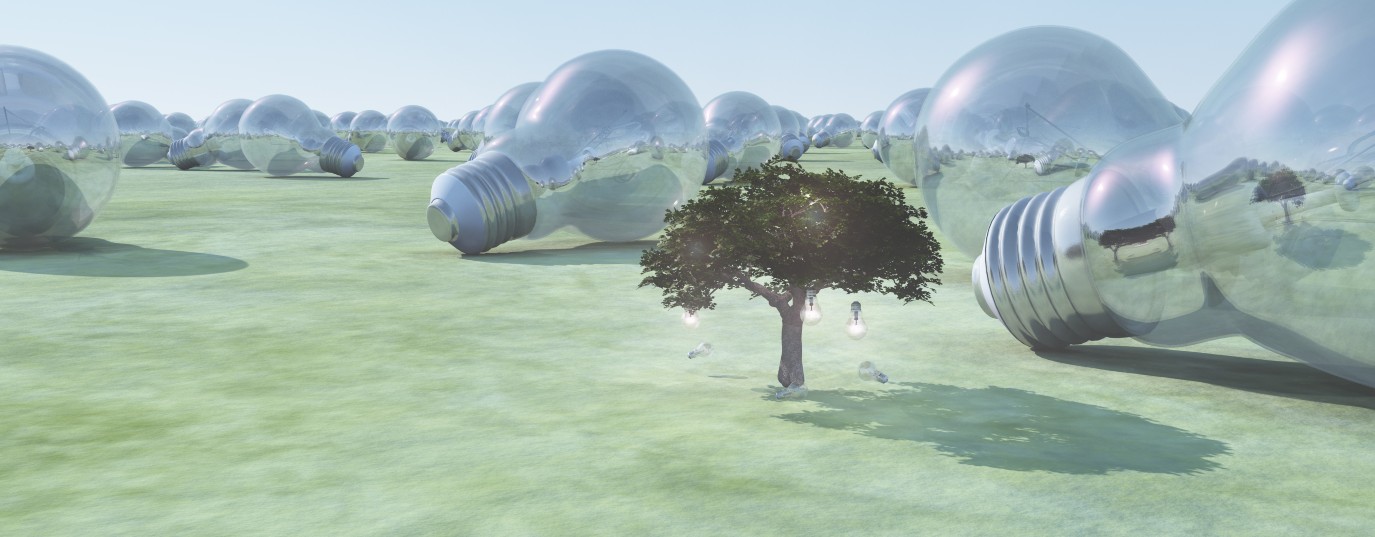
Every 5 March since 1998 it is World Energy Efficiency Day. The initiative, which emerged in Austria during the First International Meeting on Energy Efficiency, aims to raise awareness of the need to reduce energy consumption through reasonable and sustainable energy use.
Contrary to what many people think, improving energy efficiency does not mean compromising our comfort and quality of life by decreasing our energy use on a day-to-day basis. Nothing could be further from the truth. Enhancing energy efficiency is based on optimising production processes and energy consumption,using renewable energy sources instead of fossil fuels and promoting responsible consumption and recycling, among other things.
How can I promote energy efficiency in 2024?
There are many simple actions we can take all year long, not just on this World Energy Efficiency Day on 5 March.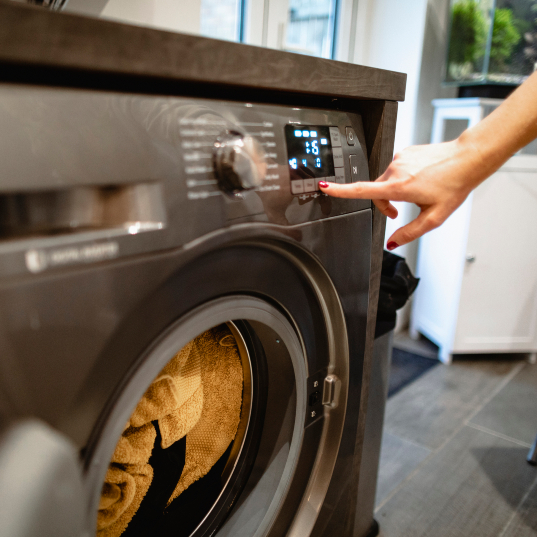
- Using daylight hours for tasks that require more lighting.
- Turning off lights and electrical devices when they're not in use. Another way to contribute to energy efficiency is by using LEDs in place of conventional lamps or lightbulbs. In fact, this alternative can generate energy savings of up to 80 % over traditional lighting and is also environmentally friendly thanks to the materials used to produce it.
- Replacing old appliances with more efficient ones, which consume less energy. Class A (green) appliances are the most efficient, while class G (red) appliances are the least efficient. Although these appliances might be more expensive when you come to purchase them, they will pay off in the long term.
- In terms of mobility, the most efficient option is to prioritise public transport or cycling. However, there are some driving habits that can contribute to energy efficiency: maintaining a steady pace and not driving at excessive speeds; keeping the windows up and the air conditioning at an average temperature of 21ºC; and ensuring that the tyres and engine are properly maintained.
In addition to their environmental benefits, these actions can also lead to financial savings. For example, using less energy means a lower electricity bill.
What are LEED and BREEAM Energy Efficiency Certifications?
Aside from the actions we can take in our day-to-day lives, World Energy Efficiency Day is the perfect day to learn about LEED and BREEAM energy efficiency certifications. Both are systems designed to verify the sustainability and energy efficiency of buildings, and although they have many points in common, they differ in some respects.
Firstly, LEED (Leadership in Energy and Environmental Design) certification bases its evaluation on the analysis of six environmental impact categories.
- A sustainable site
- Water efficiency and reduction in water consumption
- Energy efficiency and reduction in energy consumption
- Recycled materials and natural resources
- Indoor environmental quality
- Innovation in design
LEED certification, which was developed in the United States, is also flexible enough to be applied to any type of construction, whether residential or commercial.
Meanwhile, BREEAM (Building Research Establishment Environmental Assessment Method) certification was developed in the United Kingdom and evaluates buildings in ten categories:
- Management
- Health and wellbeing
- Energy
- Transport
- Materials
- Waste
- Water
- Sustainable land use
- Pollution
- Innovation
Both methods serve to identify sustainable constructions which, following their assessment, are given a rating: Certified, Silver, Gold or Platinum in the case of LEED and Pass, Good, Very Good, Excellent or Outstanding when it comes to BREEAM.
Sources:Instituto Nacional de Tecnologías Educativas y de Formación del Profesorado (National Institute of Educational Technologies and Teacher Training), Ecointeligencia and ISOVER.


